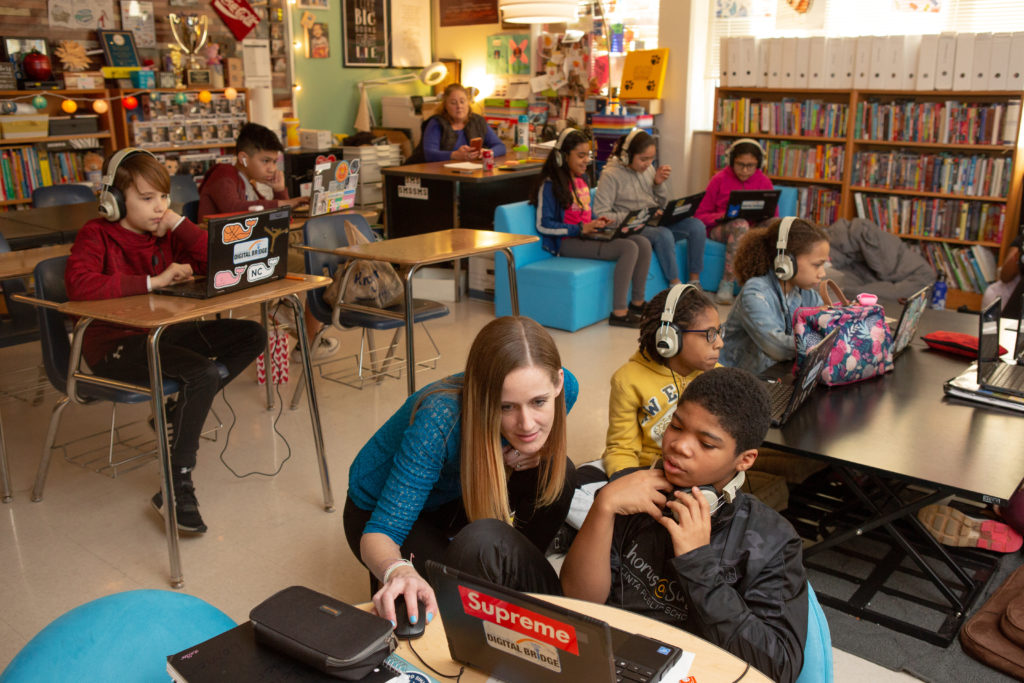Beyond Commercialization Concerns in Student Privacy
This week’s newsletter focuses on a new report from Human Rights Watch. I decided to write it because this report joins many others from student privacy advocates that focus nearly exclusively on commercialization risks.
When student privacy reports focus again and again on advertising technology as the major threat to student privacy, stakeholders overlook other insidious privacy harms. The likely result of the report will be a series of articles about how student privacy is in crisis and there are not enough laws and companies are bad. That may draw attention to this issue, but it also means that other really important student privacy issues could fall by the wayside.
Beyond Commercialization Concerns in Student Privacy Read More »




